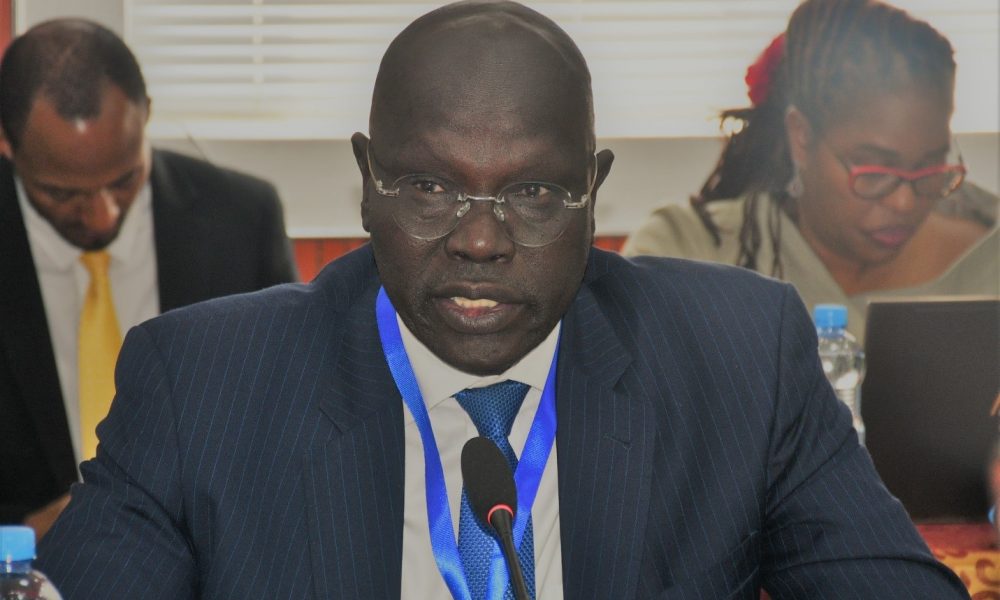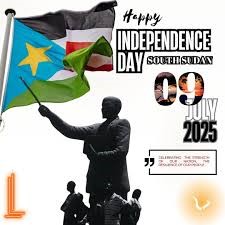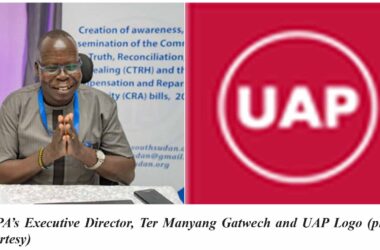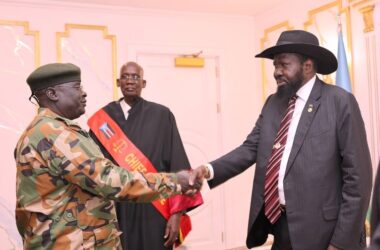By Bida Elly David
The national Minister of Finance and Planning said there has been progressive increment in none-oil revenue collection from SSP43.37 billion in the fiscal year 2021/2022 to SSP 94.81 billion in the fiscal year 2022/2023 making cumulative aggregate increase of SSP 51.45 billion respectively.
This development came recently during a financial report presented by the Minister of Finance during the R-JMEC evaluation meeting on the status of the peace agreement in relation to pending bills required for rectification.
Speaking during the meeting, Dier Tong Ngor, the national Minister of Finance said that the ministry has abolished National Revenue Authority from making direct payments of the non-revenue collections into the account noting that a system has been introduced for running all financial transactions for collections.
He said that the digitalized device for revenue collection would enable the National Revenue Authority to easily track misappropriations of money by officers in charge of tariffs at the collection point.
“MoFP has stopped direct payments by the national revenue from the non-revenue collections as of 15th–August-2022. The National Revenue Authority has developed a human resource management manual code and five years strategic plan,” he said.
Furthermore, Dier said that the ministry has laid some affirmative policies such as expenditures fully costed in the budget with adequate allowances meant to mitigate inflation, exchange rate regime, recurrent cost of uncompleted investment.
Dier jagged out that the ministry is speeding up introduction of a pay-roll device meant to digitalize payment of staff with a limited time frame.
“The Ministry of Public Service and Human Resource Development has been in discussions with the World Bank to provide funding for rolling-out electronic payroll using biometric system after approval by the Council of Ministers,” he said.
He added that the ministry has also prioritized provision of contingences in the national budget stating that commitments are adequately controlled and cash allocation for various public tasks is implemented in line with the approved national budget.
In continuation, Dier added that the ministry has also developed macro fiscal framework with four sectors to strengthen the real fiscal, monetary and external sectors of the national economy.
“The contracted consultancy firm has prepared four sets of GRSS annual financial statements starting from the first six months of 2011 pre-independency period and subsequent fiscal years 2011/12, 2012/13 and 2013/14 submitted to NAC and auditing of these financial statements has commenced,” he said.
Minister Dier underscored that they have contracted a financial consultancy firm tasked to undertake comprehensive auditing on all national financial statements generated from all spendings for accountability and accuracy.
He stated that his ministry has been providing periodical economic briefings to the leadership aimed at decision making process on the national finances.
He said that despite the challenges faced on executing the fiscal and monetary policies, Minister Dier said that they remained committed towards generating income to fight inflation and stabilize the recessed economy.
He finally called on the parties to the agreement to speedily accomplish the pending tasks to pave ways into economic reforms.
Recently, reports from economic analysts revealed total downfall of the Country’s economy following appreciation of the foreign exchange rate against South Sudanese pounds and constant devaluation in the money market.
They also said the recurrent insecurity has taken the second lead in threatening farmers towards concentrating in mending food security problems suggesting that promoting domestic production through good security would restore the economic turmoil.




